“Conflict builds character. Crisis defines it”
Steven V. Thulon
Prologue
One
The war in the windows has been going on for months.
Sue and Sarah lived right next to each other and spent their time spying on each other through their windows, brewing and stewing on new information. Sue's dog was neglected; Sarah's dog was barking and scaring Sue's cat. Sue's trees were growing over the fence, and Sarah's washing was spoiling Sue's view. Sue's visitors were too loud, and Sarah's TV was too loud. Sue had sinister visitors, and Sarah had sinister motives, and on and on.
On a near-regular basis, Sue and Sarah each visited the surgery.
"Doc, I can't handle this anymore, Sarah complained one week. "This is stressing me out to the max. I must sell up and move to another town. But it's not fair! Why should I move to another town when it's all her fault? She should be moving to another town!
The week after, it was Sue's turn. "Doc, she is bad-mouthing me with the neighbours and in town now. This is against the law! We can only solve this situation if I take Sarah to court! This has been going on far too long, and enough is enough. I can't handle this anymore!
And then the cyclone came.
Two
My letter to the Beech Protection Authority (Environmental Protection Agency) read thus: "Dear Sir, can you please grant permission to clean up the vegetation above the high-water mark in front of my house. The trees and shrubs are neglected, partly dead and eroded by the sea. We need to manage the vegetation in an eco-friendly, parkland-like fashion to protect the foreshore and present an aesthetically acceptable beachfront."
The answer from the authorities read: "Dear Sir, the natural vegetation on the first dune must be respected and kept in its pristine natural state. Any interference with the biological processes and vegetation of the foreshore would be illegal and would be managed with the full force of the law."
Presenting photographs taken 50 years earlier that documented bulldozers creating the first dune to protect the first line of houses from the sea and the council allowing whatever seed that dropped first in the sand to germinate and grow uncontrolled had no effect on the authorities' position.
And then the cyclone came.
Three
How great to drive through a neighbourhood where the spider webs of electric wiring have been buried for good-deep under the earth's fertile soils. The feeling created by lush vegetation, with no trees malformed into twisted caricatures to accommodate precious wiring, is simply exhilarating. The uncluttered views over flower beds, lawns, shrubs, trees and well into the clear blue skies and beyond invigorate the soul.
So, the answer to my request for a quote from Ergon to bury the electric wires hanging over the islands and the seas in front of the house was devastating. $28,000 for a short stretch of 30 metres between two poles! So, the wired scotomas between my cup of tea and the dolphins and dugongs in Rockingham Bay would remain.
And then the cyclone came.
Four
There is a thing in small rural towns of ancient scrap. There is an unwritten law that the old, rusted skeletons of cars, tractors, trucks and similar rubble and wreckage should be left to the elements to deal with over time. The deterring influence of these facts of life on future investors seems to be of no significance in the eyes of the beholders of these collections.
And then the cyclone came.
Cyclone Yasi, 2 February 2011
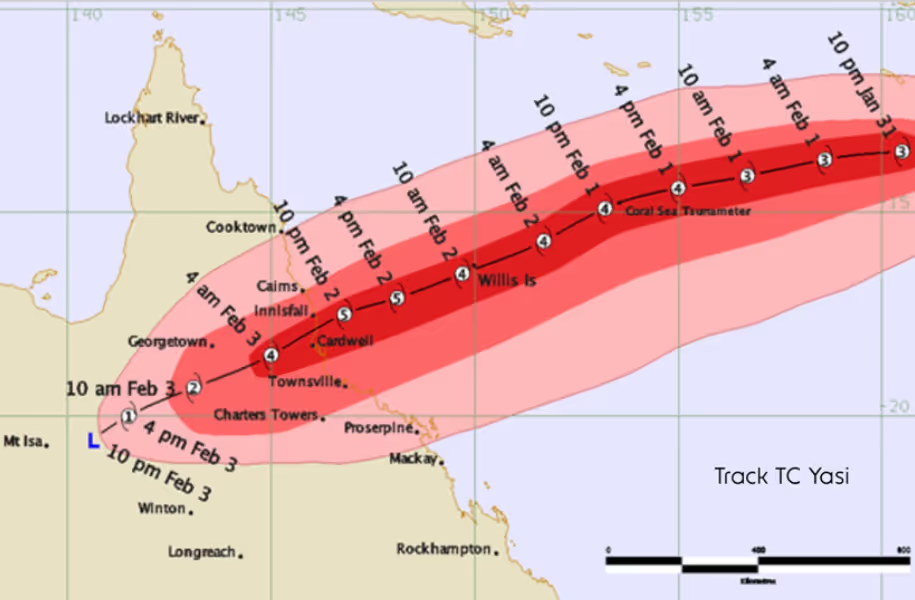
The birds noticed it first and vanished from the skies.
The barometer dropped like the T-wave on an ECG during a heart attack to a record 929 hPa, creating a palpable hollowness in the air.
"Severe tropical cyclone Yasi is now situated 50 nautical miles off the coast and heading towards Cardwell in far north Queensland. The category 5 system is expected to make landfall after midnight. Highly destructive winds of at least 250 km per hour are expected." We were all nailed to the TV in the surgery's waiting room. Then the police car with flashing lights slowly crawled up the Bruce Highway and into sight: "Evacuate, evacuate! All must evacuate Cardwell now!" the voice over the megaphone instructed. I approached the police car and asked the sergeant: "Where should we evacuate to?"
His answer was simple: "Anywhere you like. Just get out of town now."
Within a couple of hours, Cardwell turned into a ghost town with doors locked and windows taped with large crosses or hatches nailed to the window frames. The cars then disappeared like the birds, full of essential belongings and wide-eyed people.
The community braced for the fiercest cyclone Australia has ever experienced.
"Ferdinand, I said to my Registrar. "You and your wife should pack all your belongings and drive south as quickly and far as possible. Keep going until you pass Townsville."
Ferdinand had arrived a couple of days earlier from Germany for postgraduate training specialising in general practice.
"What is a cyclone?" Ferdinand asked, and I explained.
"So, what are you going to do?" He asked again.
"We are going to weather the storm on the farm in the Kennedy Valley, I said.
Ferdinand and his wife followed us up the valley road despite my advice. The neighbours joined in, and we all bunkered in for the storm.
Yasi arrived around 8 pm, thundering down the mountains like a freight train. The charge was not a wind but an invisible fist that grabbed, tossed, and tore the earth's surface. Unconfirmed gales of up to 340 km per hour shouldered in under the awnings of the house, trying to snap the cyclone cables and lift the rafters and roof off the walls. At 1.30 am, the southern edge of the eye moved over the house, and white-blue flames of static electricity flashed the funnel walls like a massive welding machine. We all crammed at the windows, staring at the flickering bones of the rainforest spearing into the skies.
Dawn revealed the devastation.

It took six hours for six adults with two chainsaws and a backhoe to open the 150 metres of road from the front door to the front gate.
After many hours more, we drove into town.
Cardwell was broken, and so was the whole region of Mission Beach, Tully and inland to Mt Isa. On the coastline, the 285 km per hour winds were accompanied by a five-metre tidal surge that drowned the foreshore, roads, houses, and marina. The estimated cost of the storm was A$3.5 billion.
Some of the older residents of Cardwell, which has seen many cyclones come and go, decided not to evacuate.
Mary lived in a small house on the foreshore. When the waves broke down her front door at midnight, she ran to the bedroom at the back of the house and closed the door. When the waves took the bedroom door down, she climbed on the bed behind the wall. The water rose above the mattress. She spent most of the night standing in the swirling water on top of her bed.
Tony lived in a double-storey house, also like Mary, on the foreshore. When the windows and doors crashed, he rushed upstairs and hid in the toilet with the door closed. The house shook, and the storm howled the whole night long, he told me later. "But when I opened the toilet door the next morning, I was amazed, Doc. The whole house was gone-roof and walls and all. The only thing that was left on the second floor was the toilet. There surely must be a God up there looking after me."
A few kilometres north of Cardwell, deep in the rainforest, was a small block of land belonging to Archibald. I visited him once. He lived in an old caravan and had an open-air kitchen and laundry. With the towering trees around, he knew he was in trouble. When Yasi came in, Archibald abandoned his caravan, put on a wetsuit and crash helmet, filled his chainsaw with fuel and oil and got into his car. The storm shook and bounced the car the whole night, and several trees crushed down on and over it. When the morning came, he crawled out of the window and cut his way to the surface of piled-up trees and debris. His caravan was demolished. His washing machine was wedged in the fork of a massive tree some 25 feet off the ground.
"And later in the day, a helicopter came over, Doc," he told me. "It hovered in the sky above, and I waved at them. They must have seen me but took off again and never returned. After about a week, the council and the neighbours reached me by cutting open the roads."
Epilogue
I reckon we all need a good storm at least once in a lifetime. Something real challenging that will shake our foundations, clean out the rubble in our heads and sheds and re-make our attitudes towards ourselves and others. Somehow, the lack of it sees us easily trapped in the selfish vortex of a one-eyed, one-eared existence, claiming our rights from all the world around us. God forbid.
Two doctors arrived in town unannounced, kicked me out of the surgery and told me to go home, mind my own business and forget about patient troubles for two weeks. I will remain in debt to them all my life.
Several psychologists arrived to help with anxiety management and try to prevent PTSD (post-traumatic stress disease). But most of the psychotherapy was done by the hairdresser, the hardware store owner, the cafe waitresses and the neighbours. People gathered in small groups to de-brief, offered help to one another and received the same. The fabric of the community changed in an instant.
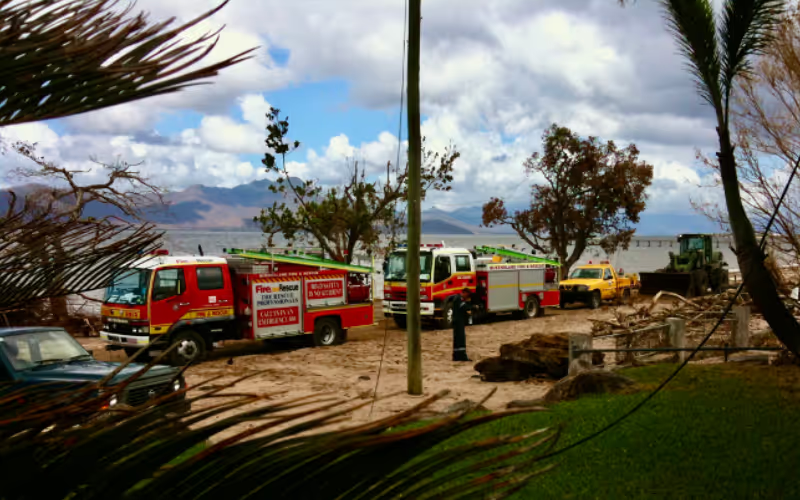
Dozers, excavators, army troops, Fire and Rescue Services, SES (State Emergency Services), council workers, volunteers, government officials and politicians arrived in town while helicopters and planes skimmed the skies.
The hailed "natural first dune" and the electric spider webs on the foreshore were gone. All the rubble not pushed into heaps by the storm was done so by the backhoes and dozers and carted away by trucks.

And then the combined finance of individuals, insurance companies and government departments started rebuilding the town and the foreshore.
The true dichotomy of the storm emerged. A new town and stronger community were born.
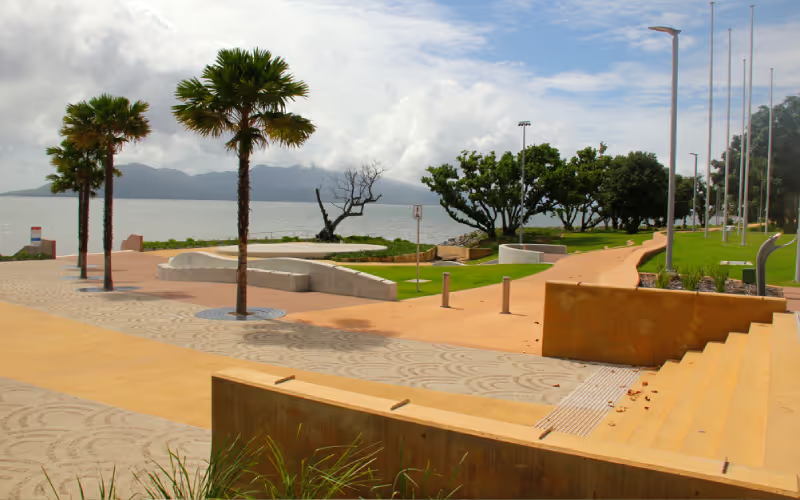
"Doc, I have to tell you something." Sue leaned forward confidentially and placed both elbows on the table. She had a new pink dress on, smelled like roses and sparked a twinkle in her eye.
"You know how Sarah and I were constantly fighting over the fence? Well, I must tell you, we are best friends now. After the cyclone, her place was a complete mess. I looked over the fence and saw her crying. I went over, comforted her, and helped her to stop the water running into her kitchen. She came over the next day and helped me to load my wheelbarrow with rubbish.
She stopped for a moment, took a tissue, and wiped a tear.
"You know, Doc," she continued, "I had no idea that she was such a nice person"
NEXT TIME:
Part 2: Cyclone Domoina in Africa. Although worlds and cultures apart, the human heart holds the same yarn.
However, due to the pending Referendum in Australia on “The Voice,” we might hold back on Part 2 for a fortnight and publish something on “The Voice” instead.
If we decide to publish that blog, it promises to shine a spotlight from a very different angle...

The Song of Tap
an ode to the senses
Not a subscriber yet?
Click here to subscribe - it's free



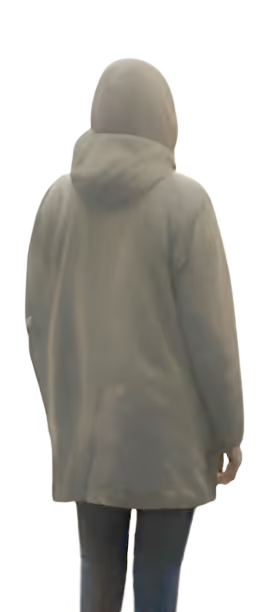








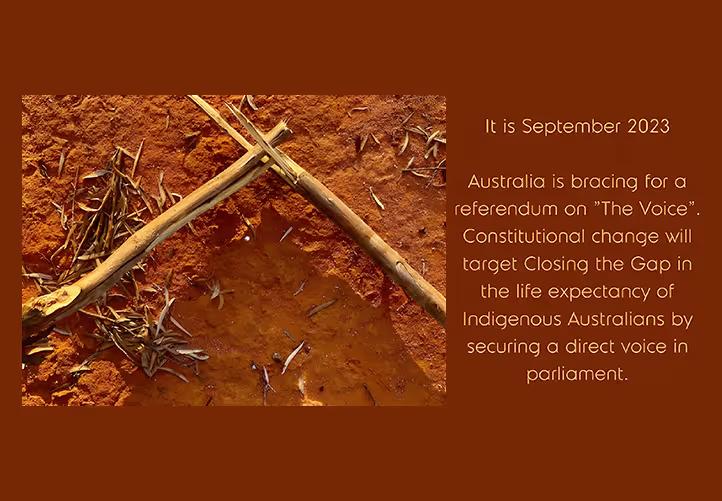



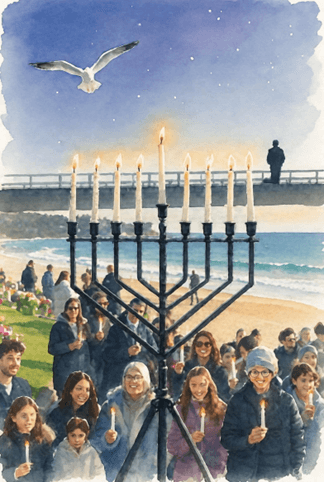

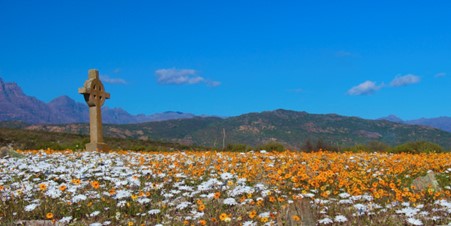



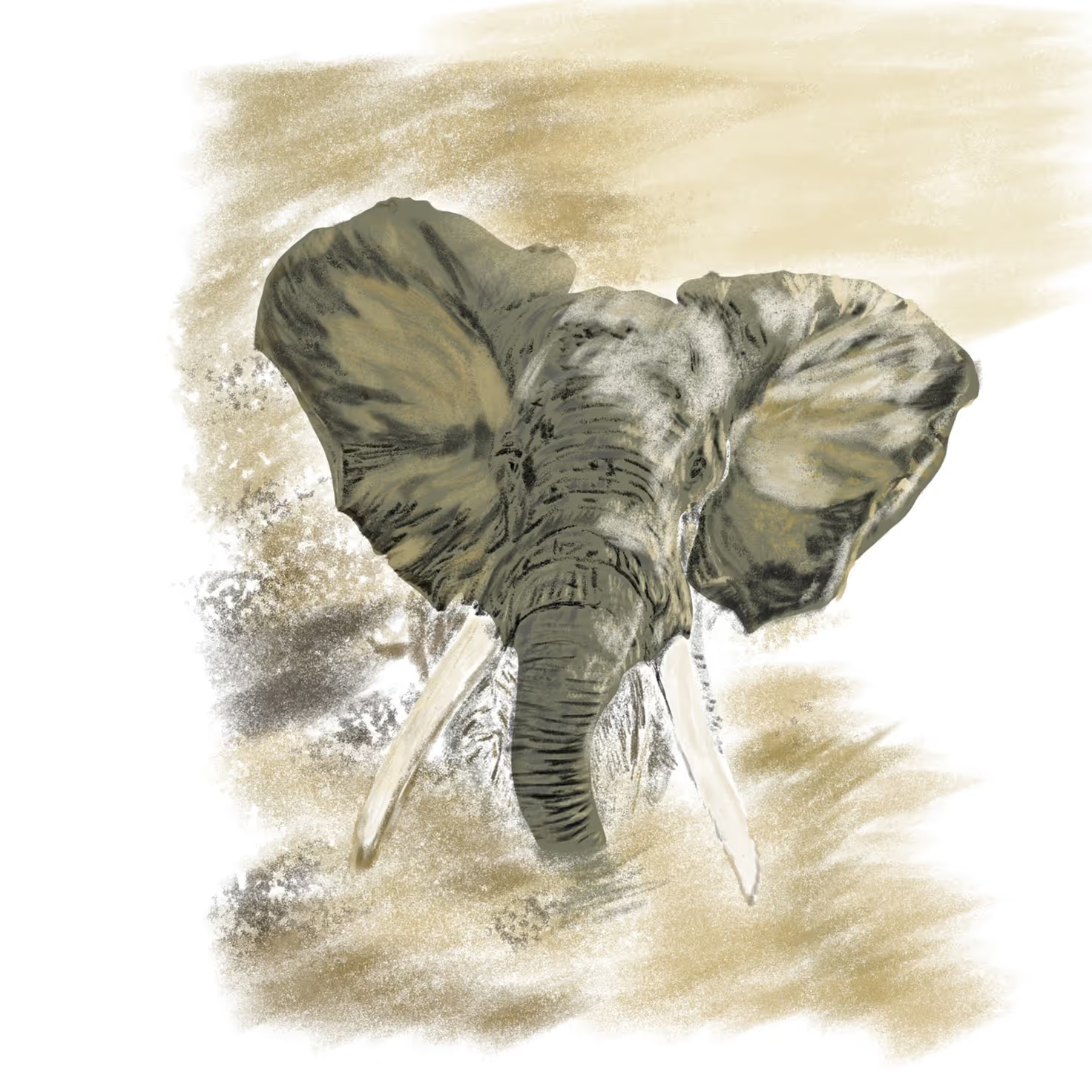


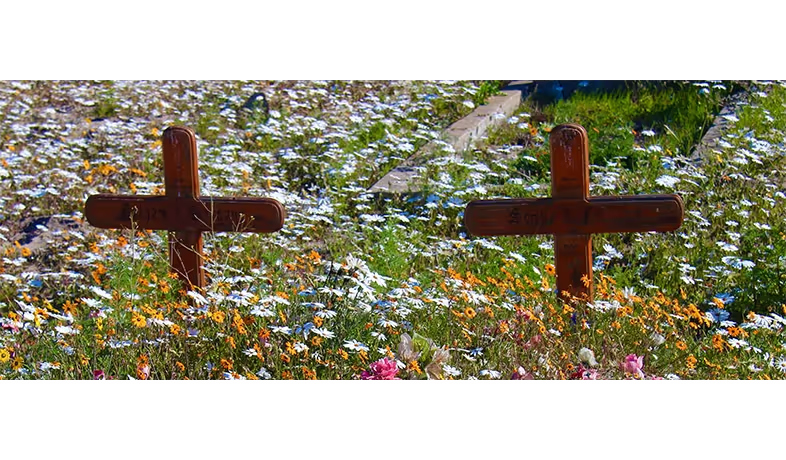
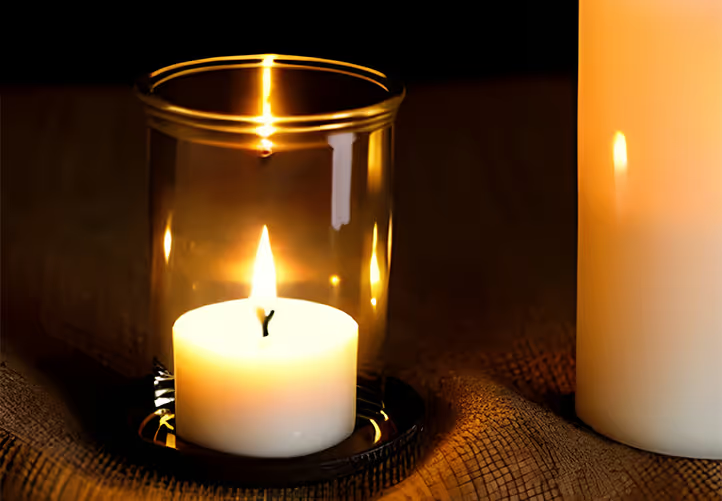

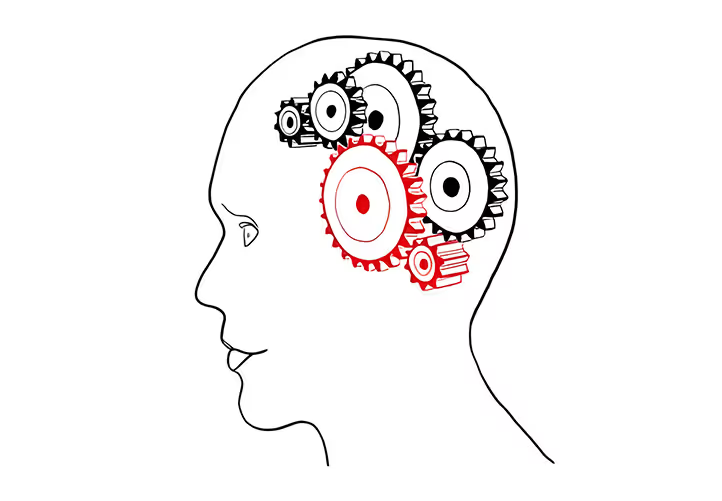
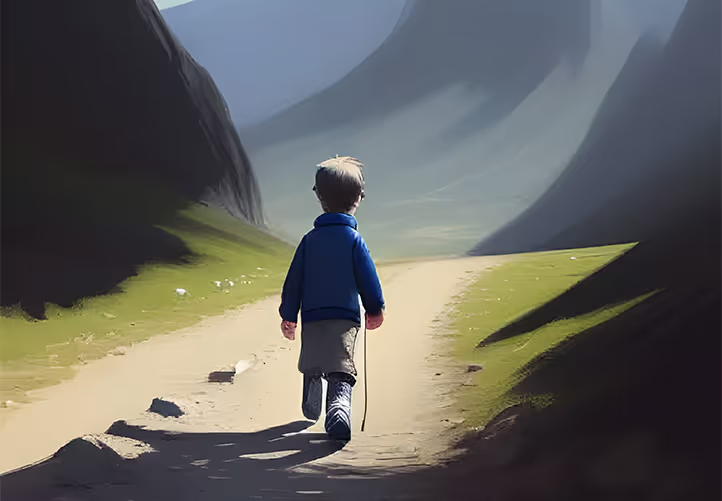
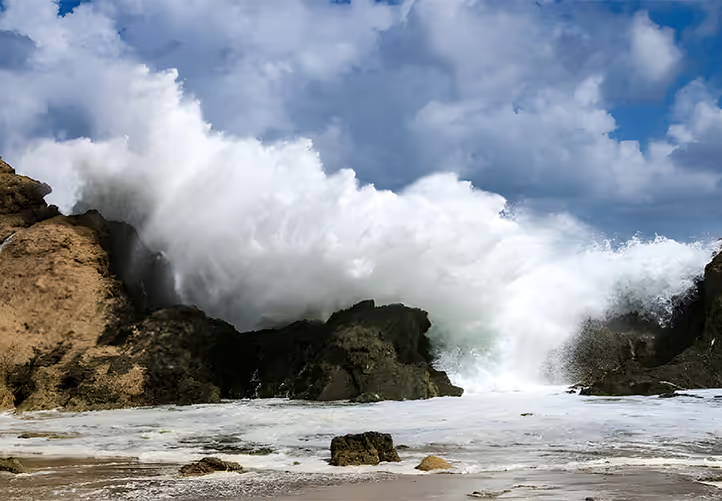
.svg)
.svg)